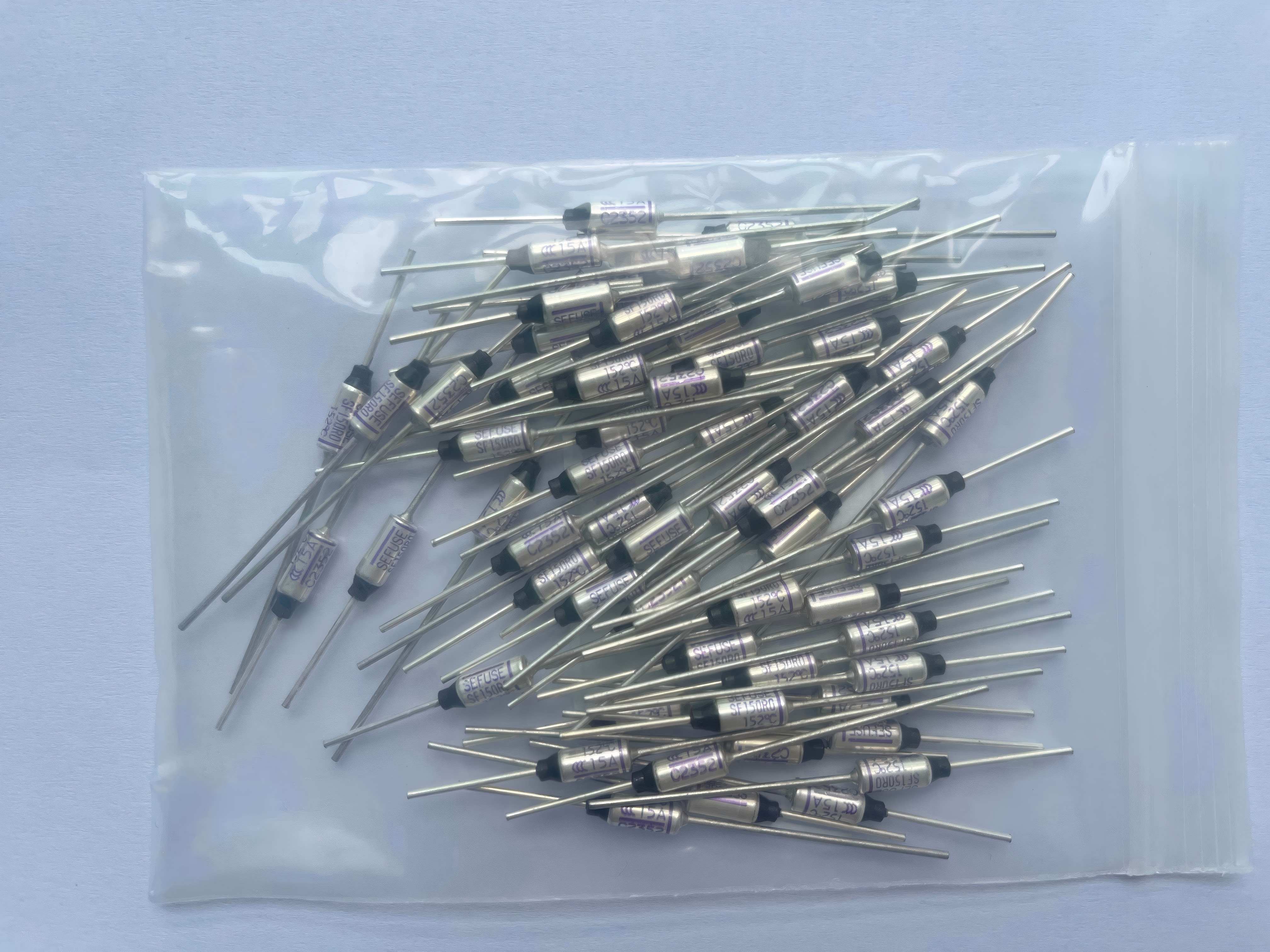Thermal fuses might be tiny, but they play a huge role in keeping our electronics safe. Found in everything from hair dryers to washing machines, these little devices cut off power when things get too hot, preventing fires and damage. But what happens when they stop working? Let’s dive into why thermal fuses matter and how to keep them doing their job.
Thermal fuses don’t last forever—here’s why they might stop working:
Wear and Tear – Over time, constant heating and cooling can weaken the fuse.
Dirt and Dust – Poor ventilation or buildup of debris can cause overheating.
Wrong Replacement – Using a fuse with the wrong temperature rating can lead to early failure.
How to Avoid Failures:
Keep appliances clean and well-ventilated.
Always replace a blown fuse with the correct type.
Unlike a blown light bulb, a bad thermal fuse doesn’t always look broken. Here’s how to check:
Use a Multimeter – Set it to continuity mode—if there’s no beep, the fuse is blown.
Check the Appliance – If a device suddenly stops heating, the thermal fuse might be the issue.
Tip: Before replacing the fuse, make sure there’s no other problem (like a faulty power cord).

One-Time Fuses – These stop working after overheating and must be replaced. They’re safer for high-risk appliances like space heaters.
Resettable Fuses – These turn back on after cooling down, but they might not be reliable for critical safety.
Best Choice: For safety, stick with one-time fuses in heat-heavy devices.
As technology improves, thermal fuses are getting smarter:
Smart Sensors – New fuses can send alerts before they fail.
Better Materials – Longer-lasting designs mean fewer replacements.
Thermal fuses may be small, but they’re essential for keeping our homes and gadgets safe. By understanding how they work and when to replace them, you can avoid unnecessary breakdowns and stay protected.
Next time an appliance stops working, don’t get frustrated—check the thermal fuse first. It might just be doing its job.

We offer a wide variety of high-efficiency heaters and heating element.Such as polyimide/kapton heaters,silicone rubber heaters,PET transparent heaters, thick film heaters,PTC heaters, mica heaters,epoxy resin heaters and graphene heating film.